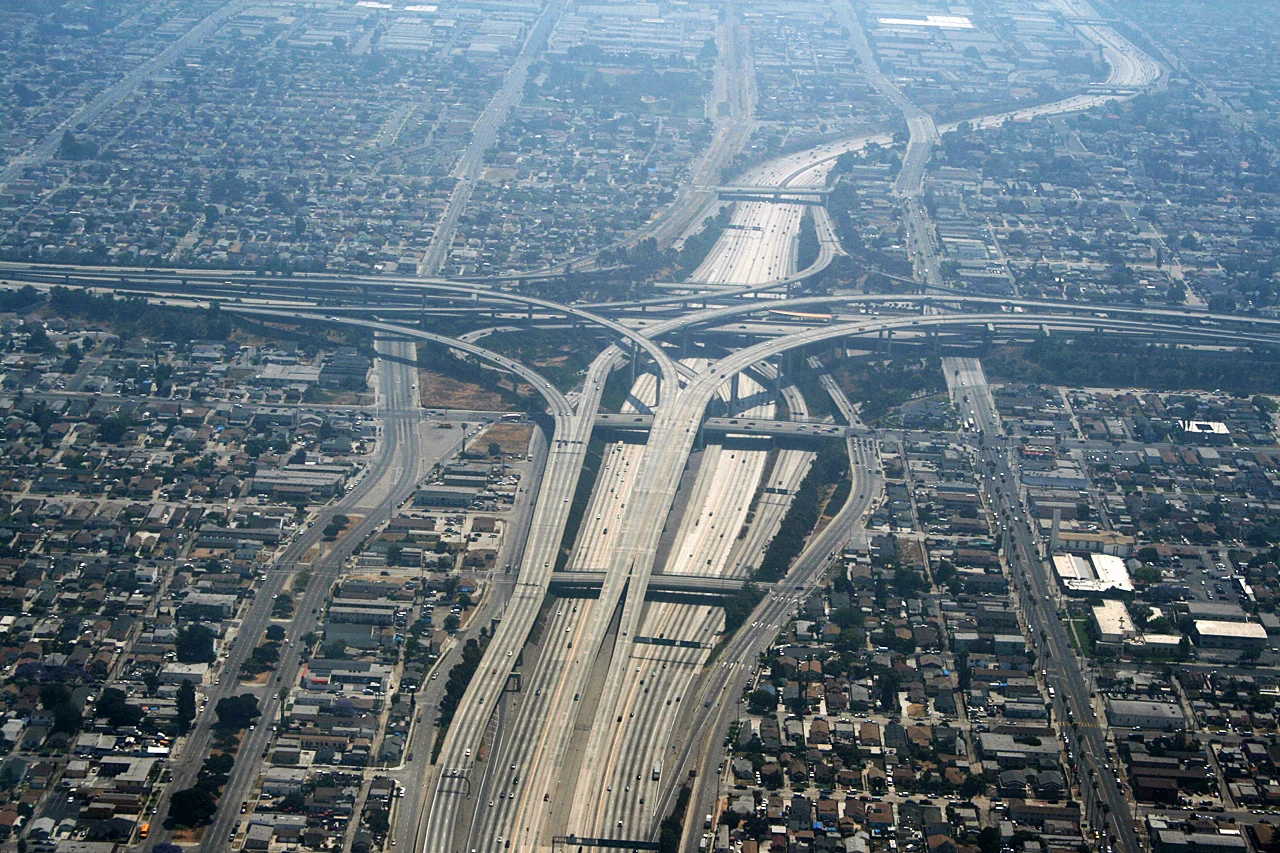What the final ailment for Detroit was simply doesn't matter to me. The auto-centric style of development undermined the resiliency of the city, tearing down social, political and financial strength that had made Detroit one of the world's greatest cities. Once Detroit became a fragile city, it was only a matter of time.
Read MoreCan we help cities become antifragile by changing the way they receive aid from the state?
Read MoreMy church, like most others, has not only accepted the environment Americans live in but has joined in the program to turn neighborhoods into parking lots.
Read MoreEngineers are great at building roads, but we should never ask them to build our streets.
Read MoreDifferent approaches to building produce very different financial results that can be easily measured and contrasted.
Read MoreA basic look at financial productivity applied to the Iron Range community of Grand Rapids.
Read MoreThis week Strong Towns will be focusing -- here in our media stream as well as on the ground -- on Minnesota's Iron Range communities.
Read MoreIn a solo podcast, Chuck talks about the articles he wrote on Smart Growth and sprawl (first and second) and why he doesn't use either term in describing himself or the Strong Towns movement.
Read MoreThe silly saga of getting water to my local airport is a case study in the failure of orderly but dumb project development.
Read MoreJane Jacobs was actually more about how to think than what to do.
Read MoreMany people associate Jacobs with a love of walkable neighborhoods, urban parks and historic buildings. What they fail to grasp is that these are means to an end, not the end itself.
Read MoreJane Jacobs was a courageous intellectual wanderer who truly knew no limits.
Read MoreJane Jacobs repeatedly challenges us to embrace the complex -- the ballet -- and not just that which is simple and easy to code.
Read MoreMaine's response to a serious road maintenance funding emergency is to cling to AASHTO’s archaic code book while projecting a value system of improve, Improve, IMPROVE, even going so far as to assume massive traffic increases where there is little traffic today.
Read MoreProposed changes to federal rules on congestion mitigation reaffirm that real responses to the complex problems we face will only come from our cities, towns and neighborhoods.
Read MoreWe need to stop accommodating bikers and pedestrians within an auto-dominated environment and instead do the opposite.
Read MoreChuck Marohn responds to critiques of his essay, Sprawl is not the Problem.
Read MoreHere's a video featuring Chuck Marohn, Joe Minicozzi and Kevin Klinkenberg from an event earlier this year in Savannah. The extended Q&A is a must-watch.
Read MoreI encourage you all to stop using the word sprawl. It doesn't accurately describe the problem, it prevents us from getting to real responses and it unnecessarily divides the national dialog in ways that are unhelpful.
Read MoreStrong Citizens may not all be qualified to size a support beam or write the specification for a concrete mixture, but they collectively are the greatest sensors of what is happening in a city.
Read More



















